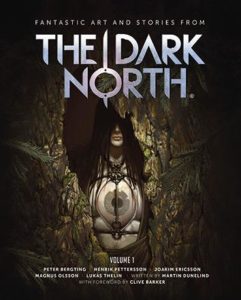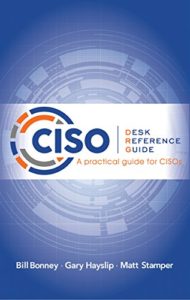Ends – From advertising to products and even to death, we tend to put too much emphasis on beginnings, not endings.
Ends is a book that focuses on how humans are very happy being taken on a journey from the beginning, but we find it difficult to face the end of such journeys. Naturally, the notion of death is the ultimate example.
I met the book’s author, Joe Macleod, in Sofia recently after he spoke at a conference. He has the look and mien of somebody obsessed with design and his book reflects that passion.
It’s a fascinating concept and one that held my interest, not only when I met him, but also while reading his book, a quick read that shouldn’t take a devoted reader any longer than two days.
Macleod has had an interesting career working for companies such as Nokia and talks about how advertising sets people up for a beginning with a product, but doesn’t prepare them for the inevitable ending.
Nokia is a case in point. When it once ruled the mobile world, mobile devices were replaced even faster than they are today, but Nokia wanted people to buy more, more, more and that led to a world of used devices that nobody knew how to recycle.
Moreover, in the space of 12 months Nokia went from being one of the world’s most popular brands to one that finished faster than anybody expected. Nobody was ready for that ending.
Macleod is a clear writer, but the concept can feel a little elusive at times. It’s an easy read, but there’s a huge idea in there that wriggles away from the reader as he/she grapples with answers… perhaps Macleod needed a better editor.
As an ex-Fleet Street sub-editor, I find any book with typos a crime against humanity and there are several in this book. However, I still enjoyed reading it and understand where the writer was coming from.
Typos and editing aside, this is a decent read for anybody trying to make sense of how it’s all going to end.
Available now on Amazon for £16.99 or £5.99 on Kindle (the latter being maybe the better option).




